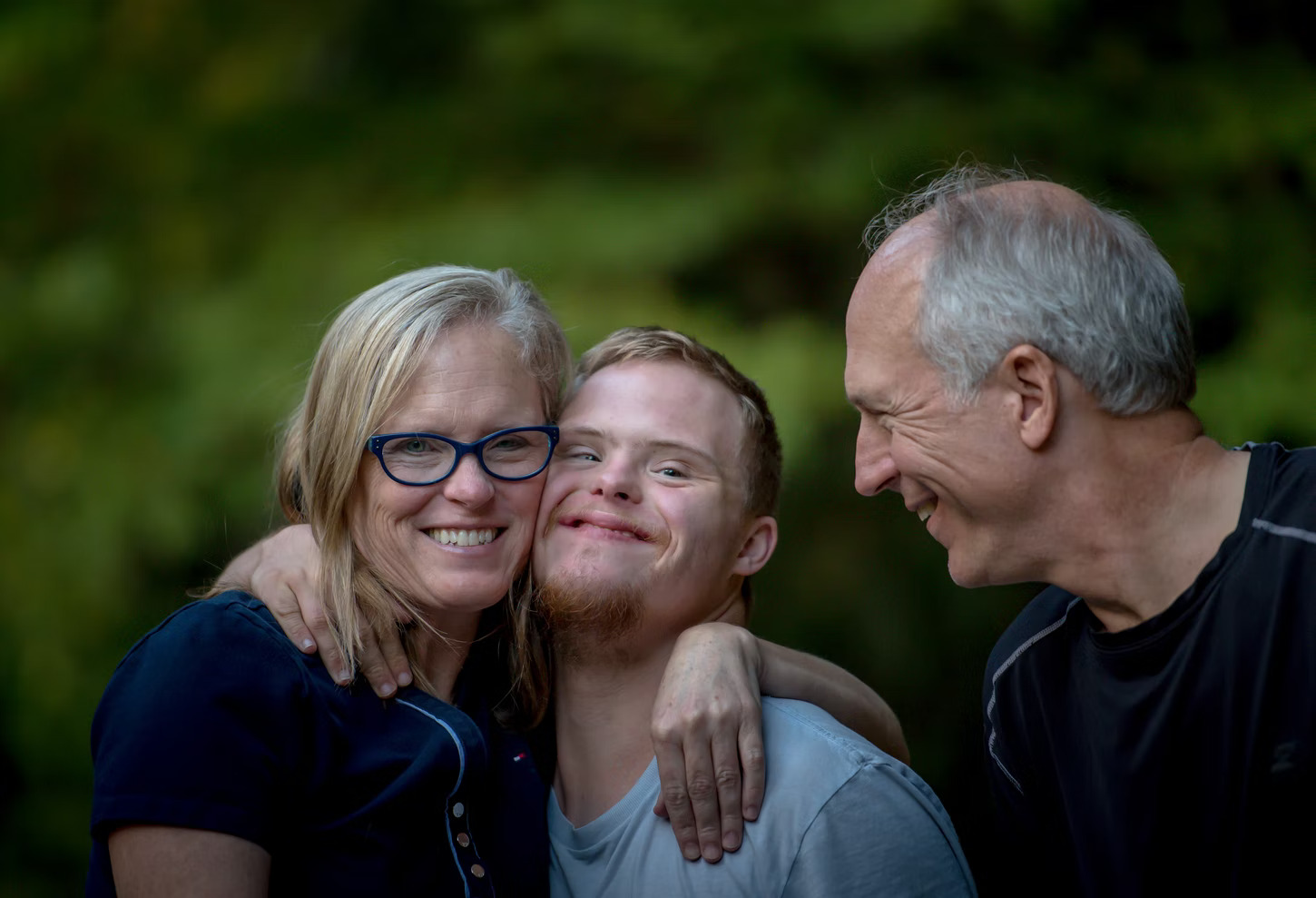Call now to speak
to an attorney

Placing your loved one with developmental disabilities into a group home can be an emotionally challenging and trying time for your family. It is critically important for you to know that under Arizona law there are rights for residents and caregivers when your loved one is in a group home for the developmentally disabled.
It is important for families to understand the legal rights of their loved ones and to hold bad actors accountable when a group home or residential facility violates these rights. When families know the rights that protect their loved ones with developmental disabilities they can help stop potential abuse, neglect, or exploitation and take legal action against it.
In Arizona, the Division of Developmental Disabilities under the Arizona Department of Economic Security is the state agency in charge of empowering and overseeing the care of those with developmental disabilities. The Division provides services to individuals with developmental disabilities and their families based on age and federal eligibility requirements. There is also a Developmental Disabilities Advisory Council which advises the Assistant Director of the Division of Developmental Disabilities on a wide variety of topics relating to the Division and its mission.
Group home residents in Arizona have rights and protections under the law. Many of these rights come from federal legislation and rules and are similar to protections afforded to nursing home residents.
Respect
Residents of group homes have the right to be Individuals with developmental disabilities who are enrolled in a state-run group home have the right to a humane and clean physical environment. They also have the right to communication and visits from their friends and family, as well as the right to keep their personal property. If a group home facility is not complying with the statements above, that could be abuse.
Health and Care
Those with developmental disabilities also have the right to receive a placement evaluation to determine their need for state services. If the placement evaluation deems services appropriate, they also have the right to receive a written individual program plan. Individuals have the right to a periodic review of their program plan to measure progress, modify objectives, and provide guidance and remediation techniques. Parents or guardians of minors and children have the right to participate in this process.
Privacy
Individuals in group homes have the right to be accorded privacy during treatment and care of personal needs.
Withdrawal
The responsible person has the right to withdraw the client from developmental disability programs and group home settings unless the client was assigned to the department by the juvenile court.
A group home cannot discharge a resident from its facility unless:
- The resident is a threat to the welfare, safety or health of themselves or others.
- The resident’s health has improved and they no longer need this level of care.
- The resident or resident’s family hasn’t paid for group home services.
- The group home closes down.
Discrimination
A group home cannot discriminate against a resident because of race, color, age, sex, disability, religion, or country of origin. The Federal Department of Health and Human Services and the Arizona Department of Developmental Disabilities can enforce this discrimination law.
Abuse
Every person with a developmental disability has the right to protection from exploitation and abuse based on their disability. Individuals also have the right to be free from mistreatment, neglect, and abuse by service providers. This includes, but is not limited to, the right to be free from unnecessary and excessive medication.
Next Steps and Final Words
Family members should understand the rights of and protections for a relative when researching group homes in Arizona. By knowing the law, families can identify the first signs of neglect or abuse before the problem gets worse. Residents of group homes and their families have the right to elevate their concerns to the facility without fear of abuse or retaliation. Many instances of neglect or exploitation of those with developmental disabilities in group homes go unreported. If you think your loved one has been abused, mistreated, neglected or had other rights violated , you can make a report to the Arizona Department of Developmental Disabilities.
In addition to filing reports of misconduct or seeking legal representation for a redress of a violation of rights of a developmentally disabled individual, there are many resources and advocates in Arizona (such as The Arc of Arizona) to help navigate the system of group home care and other professional supports. For more information and advocacy resources on the rights of those with developmental disabilities across the United States and at the federal level, please visit the National Disability Rights Network.
Martin J. Solomon is a principal at Solomon & Relihan PC and has been licensed to practice law in Arizona since 1970. He practices exclusively in the area of personal injury litigation, with an emphasis on nursing home abuse and neglect. Martin is a graduate of the University of Arizona College of Law, a past president of the Arizona Trial Lawyers Association, and has served as a member of the Board of Directors for the Arizona Center for Disability Law and the Arizona Center for Law in the Public Interest. He is a member of the Nursing Home Litigation Group in the American Association for Justice (formerly the American Trial Lawyers Association), the National Citizens’ Coalition for Nursing Home Reform and the Maricopa Elder Abuse Prevent Prevention Alliance.

